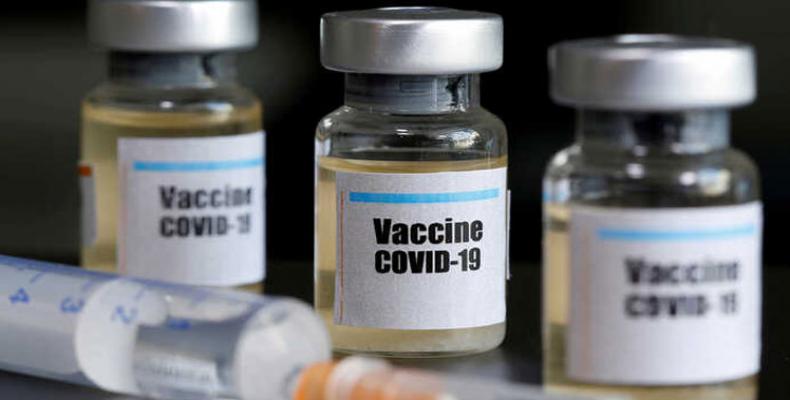Almost everyone is convinced that social distancing and preventive measures are effective to stop the chain of infections and the expansion of the COVID-19 pandemic, however those measures are not a definitive remedy for the disease.
We say "almost" everyone, because there are notorious exceptions like Donald Trump and Jair Bolsonaro, the presidents of the United States and Brazil, respectively, staunch enemies of such fundamental regulations like wearing a mask and avoiding crowded places.
The fact is that the most sensible segments of society are focused on creating a vaccine to put an end to such threat as the new coronavirus. But it is not a simple vaccine, as explained by the prestigious virologist Peter Piot, director of the London School of Hygiene and Tropical Medicine.
Apart from being efficient -- which poses a real challenge for the scientific community -- the vaccine must be available and affordable for every person who needs it. And this implies also a political issue, especially in these times of the so called “vaccine nationalism.”
Piot makes reference to the United States which is hoping to grab millions of doses of an eventual preparation, for the exclusive use of its population. And, for the record, not every citizen. Trump already did this with the drug Remdesivir, a potentially useful antiviral to fight the pandemic.
If this type of behavior arises among the few countries that have the ability to produce the medication, it may imply that billions of people would be excluded from a cure, especially in small and poor nations that do not have the technological resources to develop medicines or immunizing.
An incident of this kind has taken place already. The firm Sanofi had initially announced that the United States would have priority in the purchase of a vaccine, since they had invested a significant amount of money to conduct the investigations, but the French government demanded an explanation regarding this decision.
We are talking about a major event. If a cure is discovered, it would be necessary to produce five or six billion doses, or more, and then to inoculate the entire world's population, something unprecedented in human history.
This represents a monumental effort that will test scientific, economic, political and social cooperation. If we are successful, humanity could walk towards a new stage, giving way to the creation of a better world full of hope for future generations.


